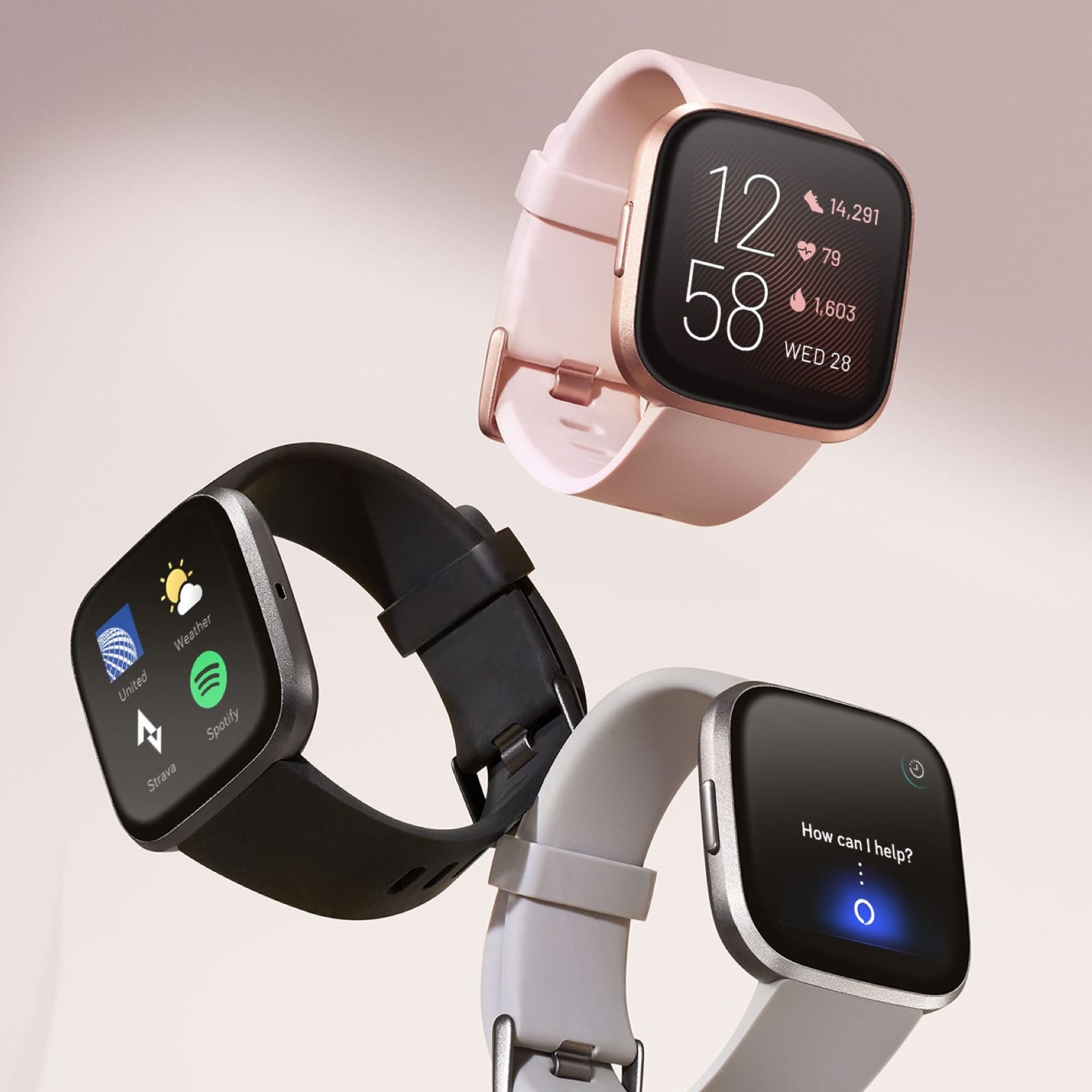The DOJ and Australia’s regulatory body have raised concerns about Google acquiring Fitbit’s health data, which is considered one of the most sensitive data types a user can create. Their concerns stemmed from Google’s business model, which sees it generating revenue from selling the data of users to advertisers and providing them with better targeting of users through their own advertising services, used across the web.
However, Google has agreed not to use location and health data for advertising. It worked with the European Union (EU) Commission to establish commitments around users’ health data privacy. With this agreement in place, the EU Commission cleared the acquisition to go through in December 2020. Google likely walked on eggshells, because the EU Commission is notoriously difficult to deal with, and has already fined the company 9-billion Euros on recent years for anti-trust violations. This approach has been echoed this year by WhatsApp choosing not to implement its new Facebook business blending mechanism in the EU.
On 14 January, Google reported that it had completed its acquisition of Fitbit despite the DOJ and Australian regulators not yet approving the deal. Google claims to have gone forward with the deal regardless, due to having waited more than 14 months, alongside having the agreed-upon waiting period between itself and the DOJ expire with no objections. Google restated its commitment made when the acquisition was first announced, that users’ privacy will be protected through working with regulators on an on-going basis and that Fitbit as a platform would not be locked away from 3rd parties outside of Google.
However, if Google’s acquisition of Nest in 2014 sets the precedent, Fitbit will not remain a separate entity that happens to be held under Alphabet, the parent company of Google. The company will inevitably integrate Fitbit under the Google brand alongside Pixel, Chromecast and Nest offerings, including Fitbit accounts being merged with Google Accounts. Presently, both Fitbit and Google have not stated what is to come in the future, with only Fitbit stating how the acquisition will allow the company to do more.
Google is treading a fine line with the Fitbit acquisition, because many Fitbit users would probably be displeased with a Google services migration. Time will tell the direction Google wants to take with integrating Fitbit into its ecosystem.
Pages: 1 2


















